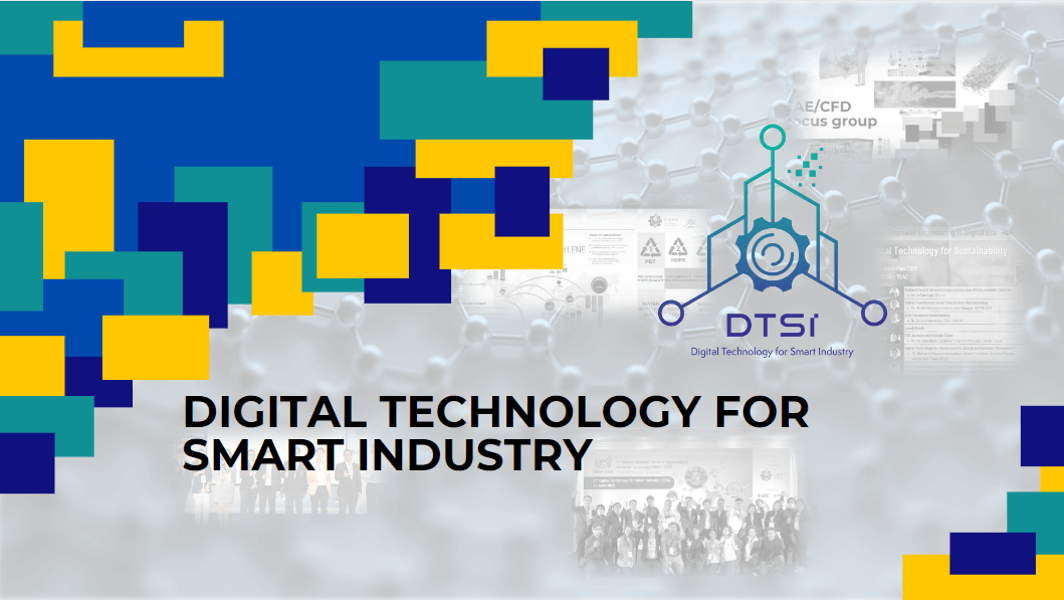
Introduction Scale up
Most chemical processes are born in the laboratory. The challenge for engineers is to then convert the laboratory scale into a large and economically sound industrial process. Fundamental and empirical methodologies can be used to take a systematic approach to the early technological development of a novel process. Particle formation, liquid/liquid separation, agitation, the presence of trace contaminants as well as the non-ideal flow with the complex multiphase interaction are the most typical and challenging issues faced during chemical process scale up, according to collective experience. Process conditions also tend to change, as size-related impacts, such as wall effects and mixing quality, influence reactions. This typically involves process-modeling and computer simulations that have been previously validated by laboratory and bench-scale testing. Additionally, CFD simulation can be used to investigate flow characteristics in both pilot and commercial reactors to better understand flow phenomena. Thus, CFD is a reliable tool for scaling up of chemical reactors, which can be reduced the prototype, piloting effort and costs.
CFD case studies
–

